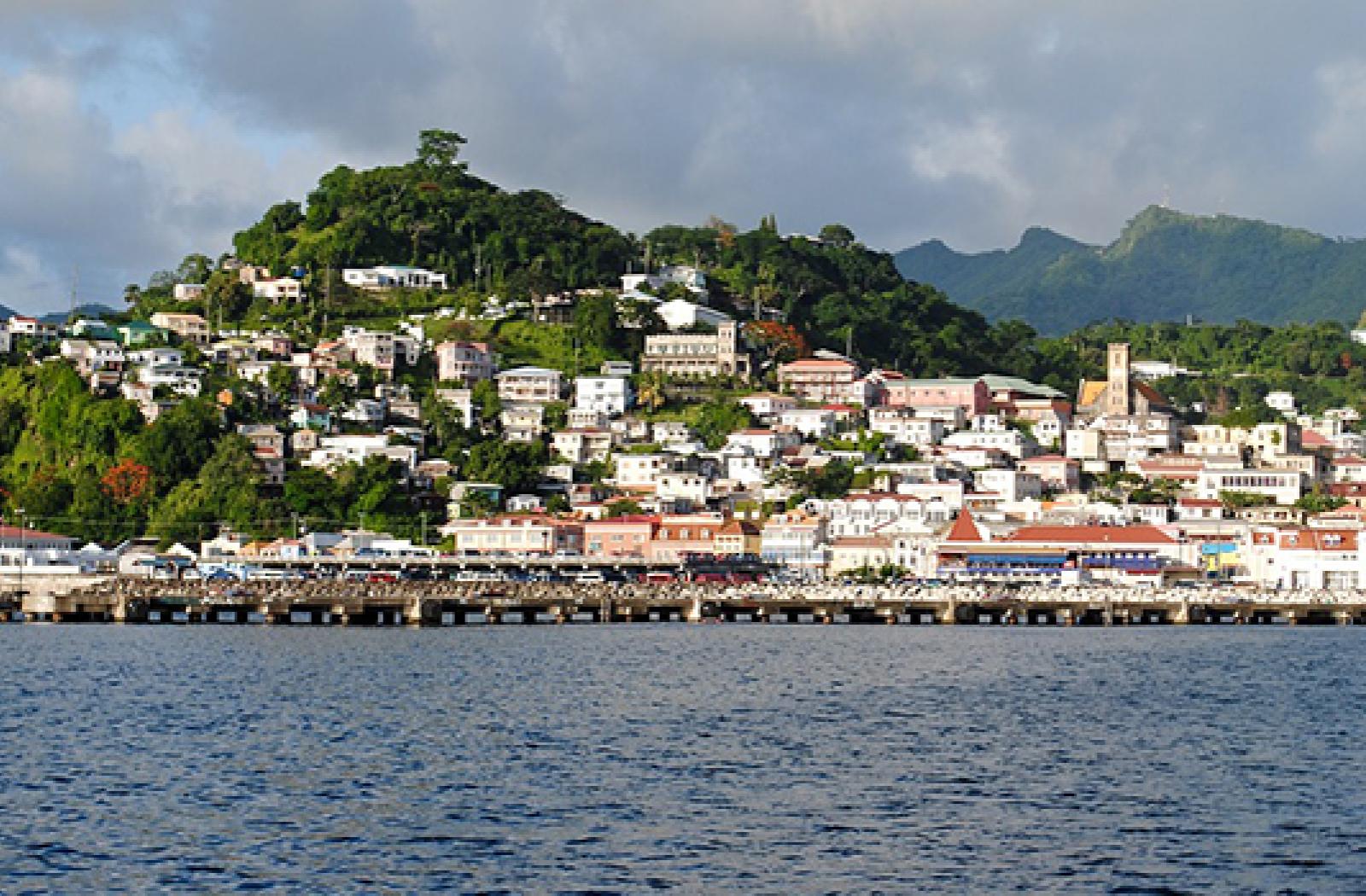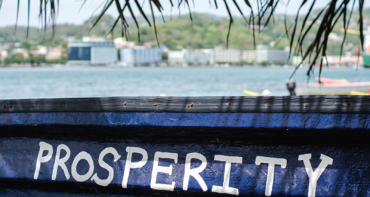Policy experts from across the Caribbean will work towards strengthening human rights commitments in the region this week.

Policy experts from across the Caribbean will work towards strengthening human rights commitments in the region this week.
In partnership with the Government of Grenada, the Commonwealth Secretariat will host senior officials from eight member states as part of two technical meetings.
The first will see participants share best practice and experiences to help countries enhance their engagement in the United Nations Human Rights Council and its Universal Periodic Review (the peer review mechanism of human rights records of all 193 UN member states every four-and-a-half-years) and the UN Treaty Bodies (which monitor implementation of the core international human rights agreements ratified by its member states).
Many small states in the Commonwealth currently face challenges in regard to both of these international human rights processes and this may be due to a lack of capacity and technical expertise, which invariably leads to a backlog in country reporting, implementation and overall engagement.
The second will see the Commonwealth provide support to the Government of Grenada with its plans to establish a national human rights institution (NHRI) in compliance with the Paris Principles (a set of standards and principles which frame and guide the work of NHRIs).
If Grenada completes the process, it will become the first Caribbean nation to establish an NHRI. which is compliant with the Paris Principles. The Government of Grenada previously accepted this recommendation under its Universal Periodic Review. At the request of the Government of Grenada, the Commonwealth Secretariat will co-host a national stakeholders conference, which will bring together representatives from government, national institutions, Parliament, academia, human rights advocates and civil society.
Head of the Commonwealth’s Human Rights Unit, Karen McKenzie, said, “We are pleased to be co-hosting the Caribbean regional best practice platform on the Universal Periodic Review and Treaty Bodies. If countries comply with their obligations under these international human rights mechanisms, it translates into strengthened human rights protections for women, men, children and young people.
“It is of critical importance that small states have a voice in the international mechanisms and processes so that their unique challenges are brought to the table. Therefore, we are meeting this week to look at the specific challenges faced by Caribbean member states and how we can support improvement.
“In regard to NHRIs, there are no such institutions compliant with the Paris Principles in the Commonwealth Caribbean. These independent institutions are integral to a strong human rights protection framework in a country and are also an indicator of compliance with Sustainable Development Goal 16. They are key to investigating human rights violations and holding government and others accountable for resolution, redress and reparation. They are also able to support government and Parliament with cutting edge human rights expertise and advisory.”
Speaking about the leading role that Grenada is playing in potentially becoming the first NHRI in the region, Ms. McKenzie added, “We commenced the work towards establishment of Grenada’s NHRI in 2016 and are hopeful that, since we are back to deliver the next phase in this process, that we will continue this journey with government till its completion. In the Commonwealth Pacific, Samoa is the only small island state with an NHRI compliant with the Paris Principles. It achieved this status within three years. It’s time for a small island state in the Caribbean to take the lead in this region.”
The process of establishing a National Human Rights Institution can take several years. There are several stages to this process, including a national stakeholder conference to hear the views of all stakeholders about the model, powers and mandate of the proposed NHRI; the drafting of legislation; the parliamentary process; the allocation of a budget, offices, etc; the appointment of commissioners; the recruitment of staff; the training of commissioners and staff; the development of a strategic plan; implementing a portfolio of work which complies with the Paris Principles; and applying for accreditation under the Paris Principles.



